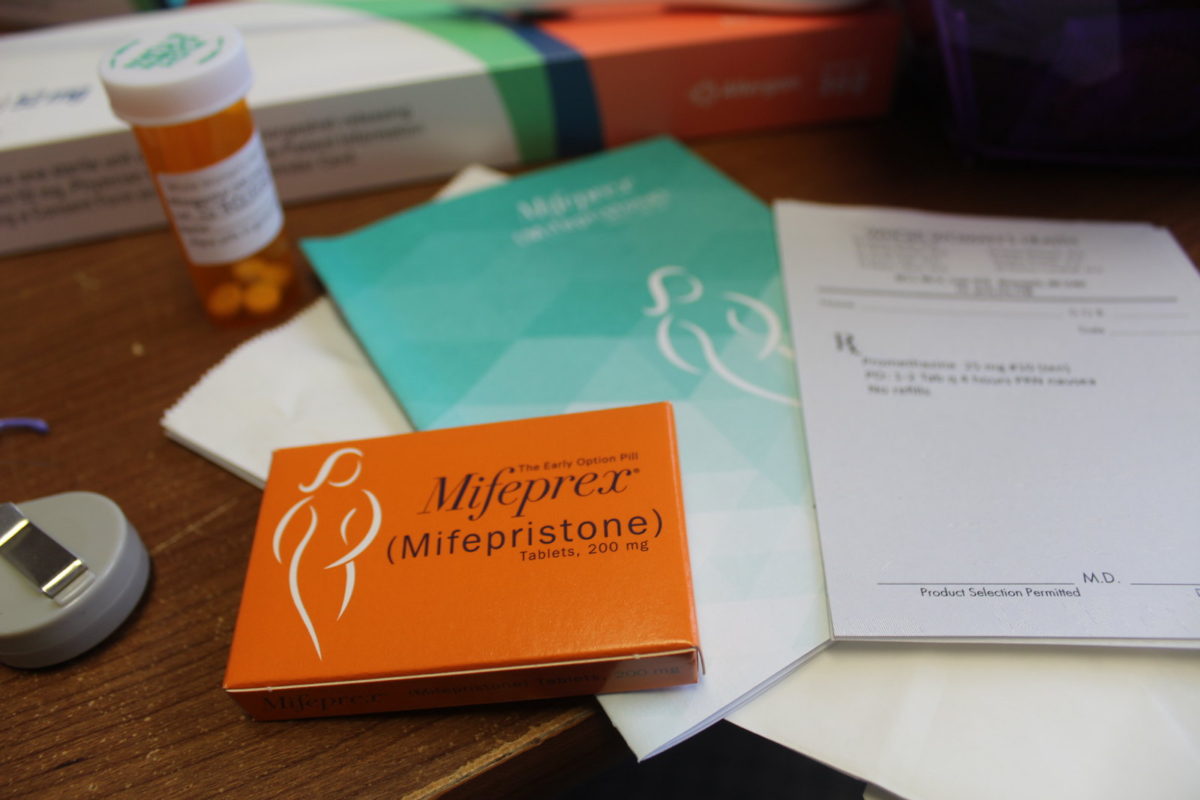KUALA LUMPUR, Jan 9 — The World Health Organization (WHO) has included an abortion drug in its list of recommended medicines for all countries, a physician told the Malaysian government.
Last July, the United Nations (UN) agency moved mifepristone and misoprostol from the complementary list to the core list of the 21st WHO Essential Medicines List, besides deleting a note that said the abortion pill required “close medical supervision”, as evidence showed this was not necessary for safe and effective use of the drug.
The WHO, however, retained a note for the mifepristone-misoprostol combination pack (mifepristone 200mg tablet and misoprostol 200 microgram tablet) that said: “where permitted under national law and where culturally acceptable”.
“Unsafe abortion kills women and threaten maternal health, that is why Misoprostol and Mifepristone is now classified as essential drugs by WHO to prevent unsafe abortion. Yet in Malaysia it’s not available,” gynaecologist Dr John Teo tweeted yesterday.
The reproductive health advocate cited a WHO study published last October that found 74 million women living in low and middle-income countries have unplanned pregnancies each year, linked to gaps in family planning services and stopping the use of contraception. This leads to 25 million unsafe abortions and 47,000 maternal deaths every year.
According to United States health care provider Planned Parenthood, the abortion pill process requires taking the mifepristone pill first, and then the second medicine, misoprostol. Planned Parenthood also said the abortion pill is “really safe and effective”, but told women to first meet with their doctor or nurse to prepare for their medication abortion.
Health director-general Dr Noor Hisham Abdullah announced last month that the Ministry of Health (MOH) was working with internet regulators, online shopping platforms, social media companies, and postal and courier services to crack down on the sale of abortion pills.
He pointed out that mifepristone and misoprostol were not registered products in Malaysia, warning women of uterine rupture and abnormal bleeding if the abortion pill was taken without medical supervision.
Abortion is only permitted in Malaysia if it endangers the mother, but abortion services in public health facilities are not available for unmarried women.
Government clinics also do not provide birth control pills and other modern contraceptives to single women, leading many unwed teenage girls to dump their babies to avoid ostracisation from their families.








